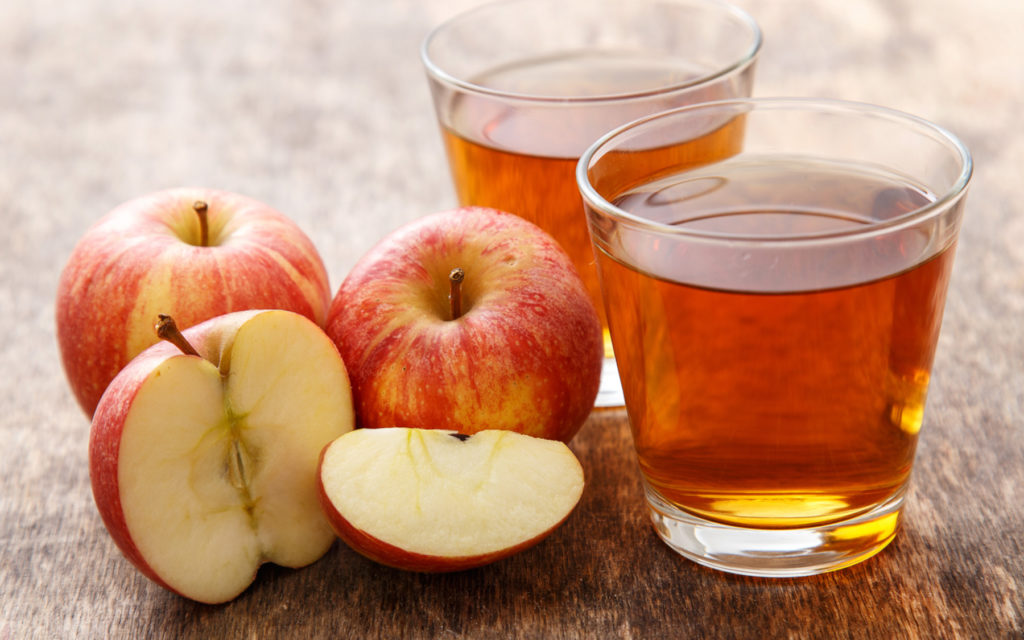
Energy density and nutrient density are two important terms to understand when making food choices. Foods that are energy dense contain a higher number of calories per serving, while foods that are nutrient dense contain a higher level of vitamins, minerals, and other important nutrients with little or no added sugars or fats that raise calories. Think of the difference between potato chips and a plain baked potato, or sweetened yogurt and plain yogurt, or creamed spinach and steamed spinach. Adding fat or sugar to foods increases the calorie content, making these foods more energy dense.
Choosing nutrient-dense foods more often allows us to consume a higher number of essential vitamins and minerals that promote good health, while avoiding consuming too many calories that can lead to overweight or obesity. By the time you eat all the fruit, vegetables, whole grains, and protein foods your body needs for optimum health, there are only 120-180 calories left over each day for sugars and fat for people who need 1,200 to 18,000 calories per day. If we choose energy-dense versions of these foods, for example eating sweetened canned fruit, vegetables with extra butter or cheese, processed grains like French fries instead of potatoes, and higher-fat protein foods like sausage or deli meats, then we will consume far more calories than we need.
Another benefit of nutrient-dense foods is that they are often high in water and fiber, which increase their volume without increasing calories. For example, compare the volume of 100 calories of a raw apple to 100 calories of apple juice. About 2 cups of sliced raw apples contains 100 calories, while 1 cup of unsweetened apple juice contains 113 calories. You’ll feel more satisfied by eating the apples instead of drinking the juice because the total volume of food that we consume is the primary reason for satiety. We can eat a larger volume of low-energy, nutrient-dense foods and lose weight while feeling satisfied.
Tips to reduce energy density and increase the nutrient density of your food choices:
- Start lunch or dinner meals with a fresh vegetable salad to help you start to feel more full. Use the least amount of salad dressing as possible. Dressing typically contains 100 calories or more per tablespoon, that’s the same number of calories as are in 14 cups of lettuce.
- Eat a piece of fruit before a meal and you’ll consume fewer calories overall during the meal. One study showed that eating a whole apple before lunch reduced calories consumed at that meal by 15% compared to eating applesauce or drinking apple juice before the meal.
- Choose a broth-based vegetable soup as part of your meal because the extra liquid in the broth, combined with the fiber in the vegetables, increases satiety with very few calories. One study showed that participants consumed 26% fewer calories and rated themselves as feeling more full after eating a broth-based soup at the beginning of a lunch meal.
- When you want something sweet, reach for fresh fruit like a handful of grapes or a small orange. Fruit contains both water and fiber and is a low-energy-density, high-nutrient-density food that contains a variety of healthful nutrients including fiber, vitamins, minerals, and antioxidants that promote health with only 60-80 calories per serving.
- Choose less processed foods like brown rice instead of white rice, whole grain bread instead of white bread, or whole grain breakfast cereal instead of a processed cereal. Whole grain foods contain more fiber, which helps us feel more satisfied after eating, and they also contain more of the naturally-occurring vitamins and minerals present in the food.
- Instead of purchasing sweetened yogurt that contains more sugar and calories, choose plain yogurt and add your own fruit.
- Replace energy-dense potato chips with nutrient-dense, low-calorie crunchy raw vegetables that are high in fiber, vitamins, and minerals.
DISCLAIMER: These statements have not been evaluated by the FDA. The information is for informational purposes and is not intended to treat, diagnose or cure any illness. Consult a physician before taking any action.
Want to contribute great content?
We are looking for contributors provide our readers with great healthy content to encourage positive living. If you're interested in becoming a contributor pease email us at blog@movitajuicebar.com